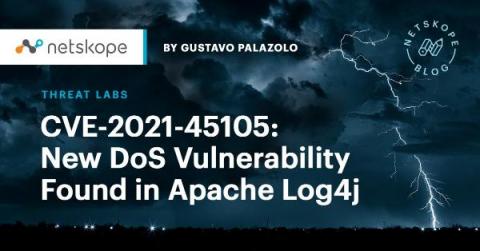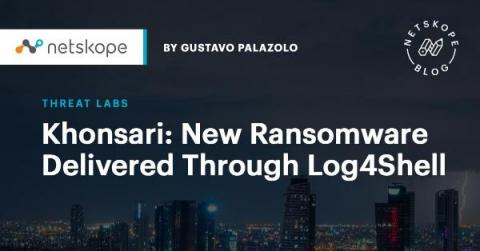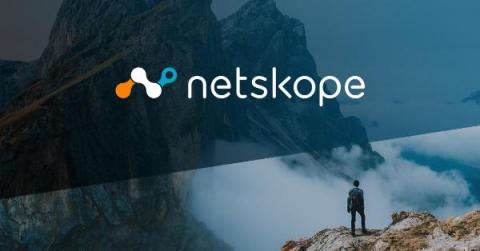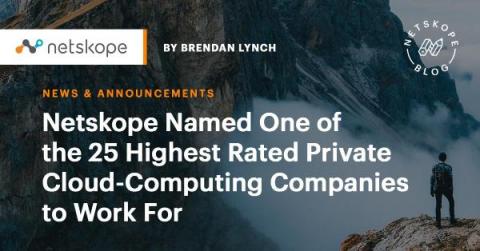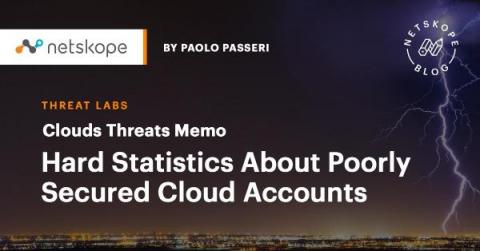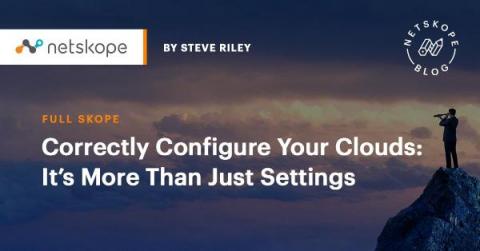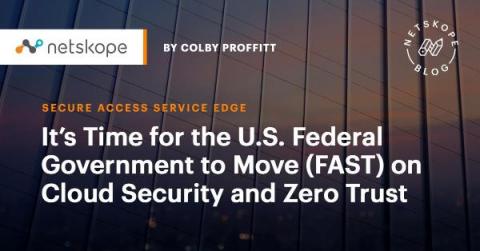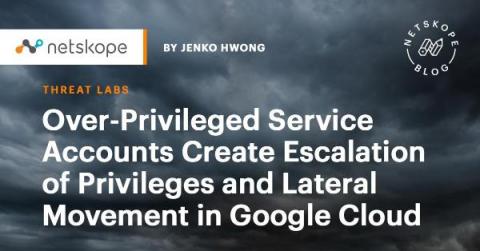CVE-2021-45105: New DoS Vulnerability Found in Apache Log4j
Just a few days after CVE-2021-45046 was released and fixed, a third zero-day vulnerability was discovered in Apache Log4j, tracked as CVE-2021-45105. The bug was reported on December 15, 2021, and disclosed on December 18, 2021. This third vulnerability has received a CVSS score of 7.5 out of 10, whereas the first one known as Log4Shell (CVE-2021-44228) received the maximum CVSS score of 10 due to its criticality.


